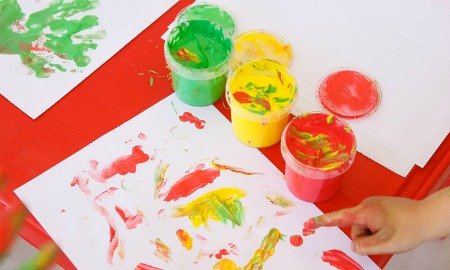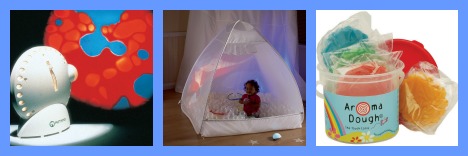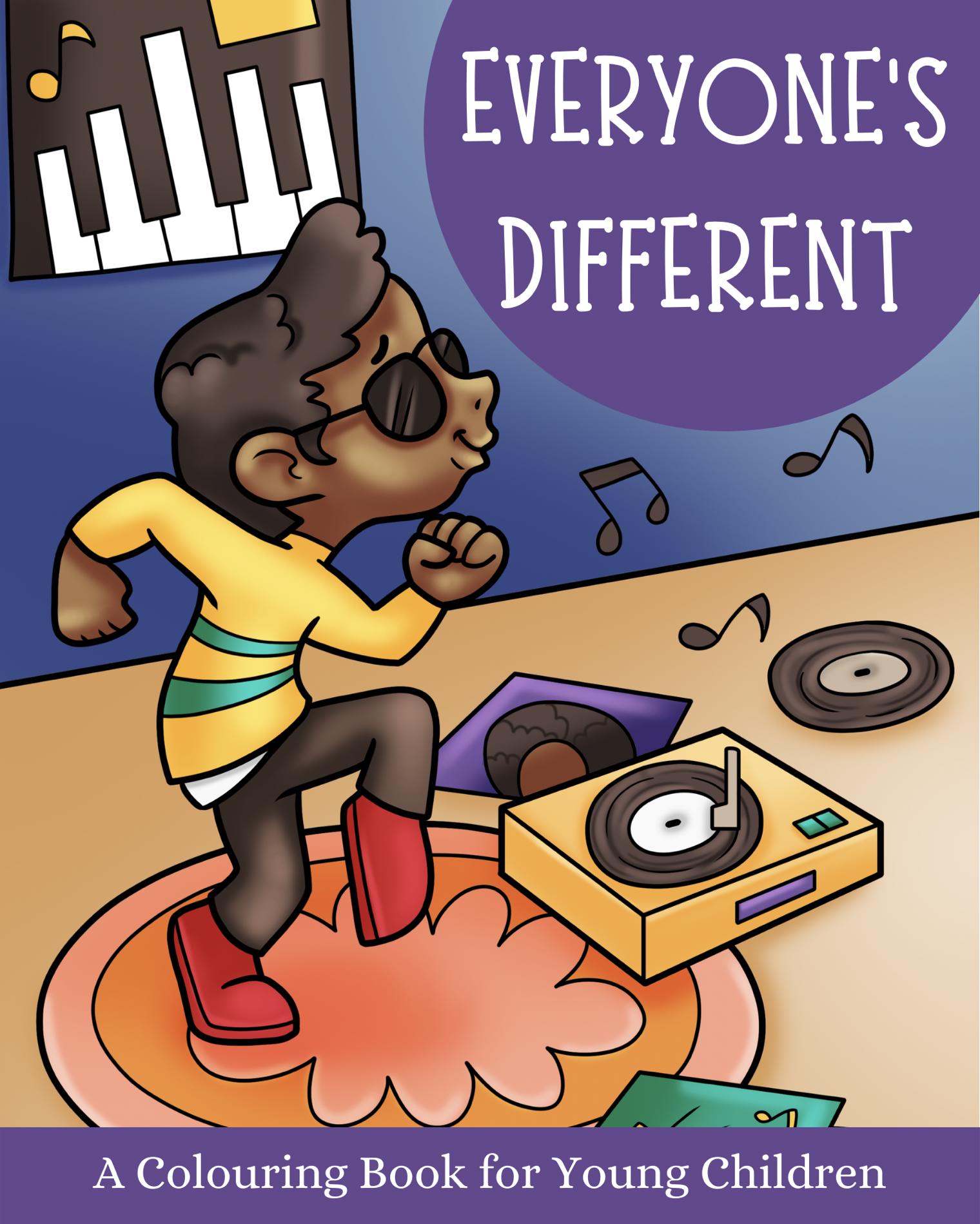DISABILITY GRANTS is a SELF HELP Resource
SEARCH the website to find ANSWERS to your QUESTIONS Click Here! FAQ >
FTC Disclosure
If you make a purchase via a link on this site, Disability Grants may receive a small commission on the transaction - at no added cost to you. Thank you!
The Importance of Sensory Play
Think about some of your favourite memories and you'll probably find they are often associated with one or more of your senses.
Because we learn and retain information when using our senses.
Children use their senses to explore the world as soon as their born. That's why we see babies and toddlers putting things in their mouths. As they're trying to discover the taste and texture of different objects.
Not all children find it easy to understand the messages they receive from their senses. By using sensory play activities they can explore their senses in a safe environment.
Sensory play also has other benefits as it helps children develop a range of other essential skills:
Cognitive - Multi sensory play encourages children to make observations and predictions. It also helps with problem solving and decision making.
Speech and Language - Children talk and share ideas with each other as they play. A sensory pod or blankets thrown over a few chairs can encourage pretend play and fire the imagination through role play and stories.
Physical - Sensory play improves fine skills. These are small muscle movements needed for picking up toys or turning a page in a book. They can be developed by encouraging children to manipulate materials. For example:
- Scooping, measuring and pouring water or sand
- Squeezing play dough to strengthen the hands
- Using scissors to improve hand/eye coordination
Social/Emotional - Playing together in a group for example around a sensory table can help develop a children's confidence. While learning social skills such as turn taking and sharing as they play.
The Five Categories of Sensory Play
The five categories of sensory play are linked to the five senses: sight, touch, taste, smell, and hearing.
Here's some great examples of sensory play activities that fit into each category.
Sight
Encourage children to explore colours:
- Have fun face painting
- Add food colouring to your child's bath water.
- Use colouring books and paints
Experiment with light around the home:
- Make shadow puppets
- Play with different torches and watch the patterns on the wall
- Try flashing spikey toy balls
Test the child's sense of sight:
- Play peek-a-boo or hide-and-seek
- Trace a hand, or complete a dot-to-dot puzzle.
Touch
Use stimulating objects or textures around the house:
- Hammer ice cubes
- Play with whipped cream
- Have a texture scavenger hunt.
Use activities that make children use their hands:
- Throw a ball
- Make a paper mache mask
- Feel different textured balls
Taste
Use foods that need sucking or sipping motions:
- An ice lolly.
- Drink a smoothie through a straw
Experiment with foods that are opposites:
- Soft versus crunchy
- Sweet versus salty
- Hot versus cold
When cooking encourage them to explore various tastes:
- Spicy foods
- Dry foods
Smell
In the kitchen:
- Match scents while the child is blindfolded such as sniffing herbs and spices or freshly baked bread.
- Cook with foods that have a strong scent. Such as vinegar, garlic, mint, ginger, vanilla, lemon, or cocoa.
Go for a walk:
- Smell the flowers or wet grass
Hearing
Let children enjoy music:
- Sing songs
- Learn to play an instrument
- Play musical chairs
- Listen to music
Play sound games:
- Record everyday sounds such as a police siren or the toilet flushing. Play them back and try to recognise the sounds
- Check out the BBC website for stimulus sounds to encourage listening skills.
So as you can see sensory play offers many benefits to all children, especially those who may have some difficulty with sensory integration.
By making sure the activities are fun and varied children will have the opportunity to develop these important skills. And let them be control of their own experiences and actions.
For more Information:
www.hirstwood.com - Run training courses for professions. They also have a Sensory You Tube Channel packed full of ideas for families and schools.
Make your own play dough - from Action for Children
What do you get you mix flour, water, salt...? Play dough!
Check out this super simple recipe you can make for National Children’s Hour. Posted by Action for Children on Thursday, October 22, 2015




